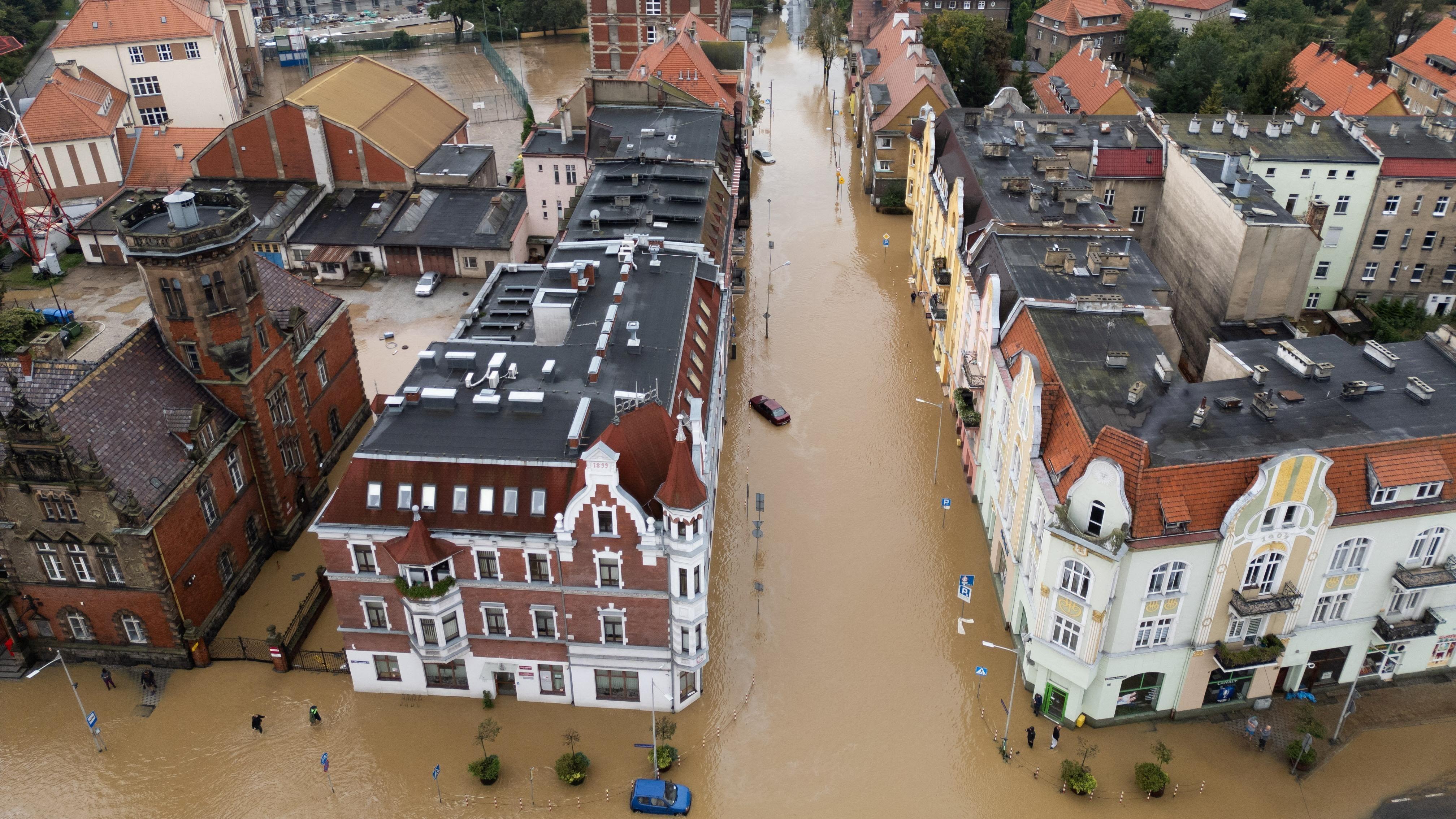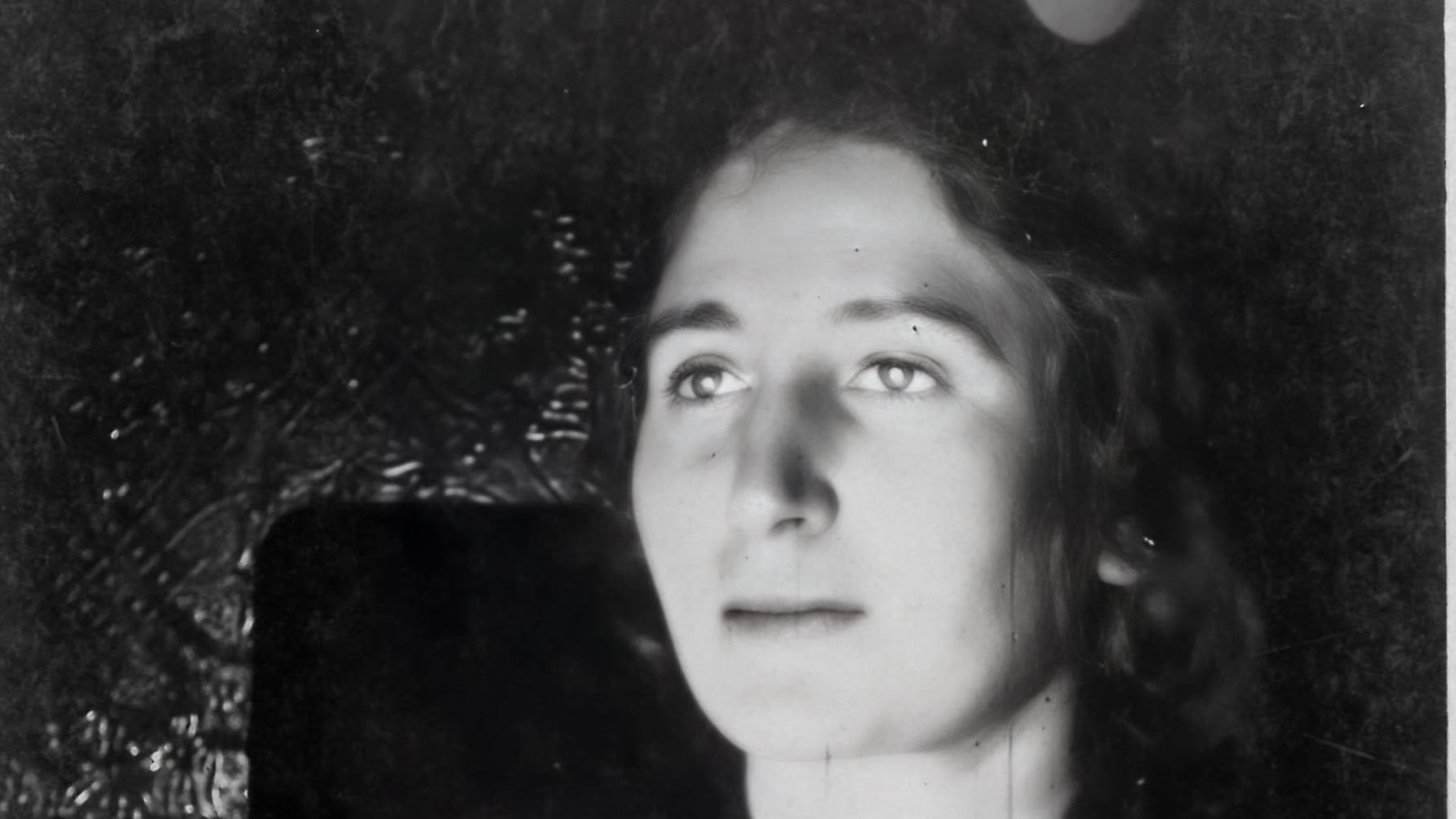Search results
- The afterlife or life after death is a purported existence in which the essential part of an individual's stream of consciousness or identity continues to exist after the death of their physical body.
en.wikipedia.org › wiki › Afterlife
News about death toll, Austria, Poland
News about hospice care, Gerda Philipsborn, Tito Jackson
Also in the news
Apr 29, 2022 · Jens Amberts claims that life after death is "empirically certain" based on the testimony of people who have had near-death experiences (NDEs). He cites four facts about NDEs that support his argument, such as their independence from prior beliefs and their perceived reality.
People also ask
What's the truth about life after death?
Is there life after death and if so prove it?
Is there really a life after death?
Did scientists prove there is life after death?
- There are new findings to report. In the past decade, there's new scientific evidence that's emerged pointing at the genuine possibility of life continuing after death.
- We can’t always trust scientific findings. One thing that we've learned about these new findings is that we can't always trust scientific research. That's not to say that we shouldn't rely on what the experts say, but rather, we should use caution in accepting everything as factual.
- Doctors are uncomfortable with certain discussions. Doctors have always been quick to explain what happens when you die based on their medical school teachings.
- Thanatologists have long known about life after death. Thanatologists are those who study life after death, along with death, dying, and bereavement. The study of life after death is called thanatology.
Sep 21, 2023 · Explore how philosophers, scientists, and thinkers answer the question of what happens after we die. Their views range from existential uncertainty to Einsteinian relativity to techno-immortality.
Learn about the afterlife or life after death in various religious, philosophical, and metaphysical traditions. Explore the beliefs and practices of reincarnation, heaven, hell, and otherworld in different cultures and historical periods.
Consciousness after death is a common theme in society and culture, and the belief in some form of life after death is a feature of many religions. However, scientific research has established that the physiological functioning of the brain, the cessation of which defines brain death, is closely connected to mental states. [citation needed]
2 days ago · Several factors influence whether certain cells and tissues can survive and function after an organism dies. These include environmental conditions, metabolic activity, and preservation techniques ...
Oct 9, 2013 · Samuel Scheffler, a philosophy professor at New York University, presents a secular interpretation of life after death. In his book Death and the Afterlife, Scheffler argues that our belief...







